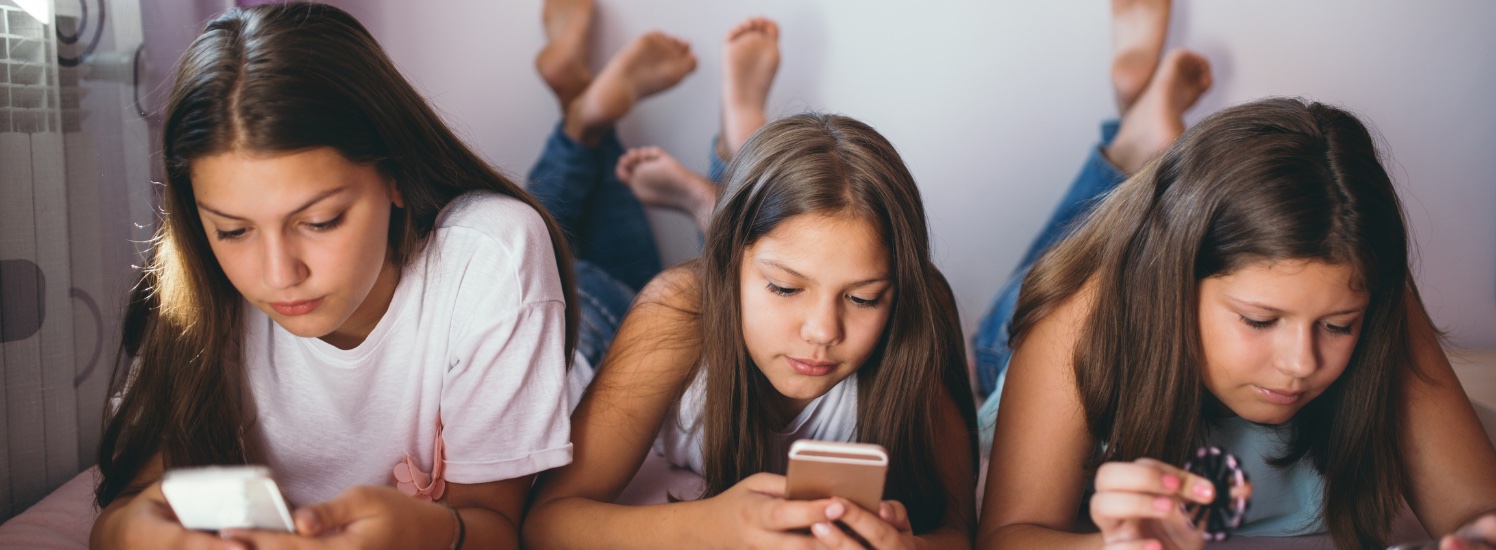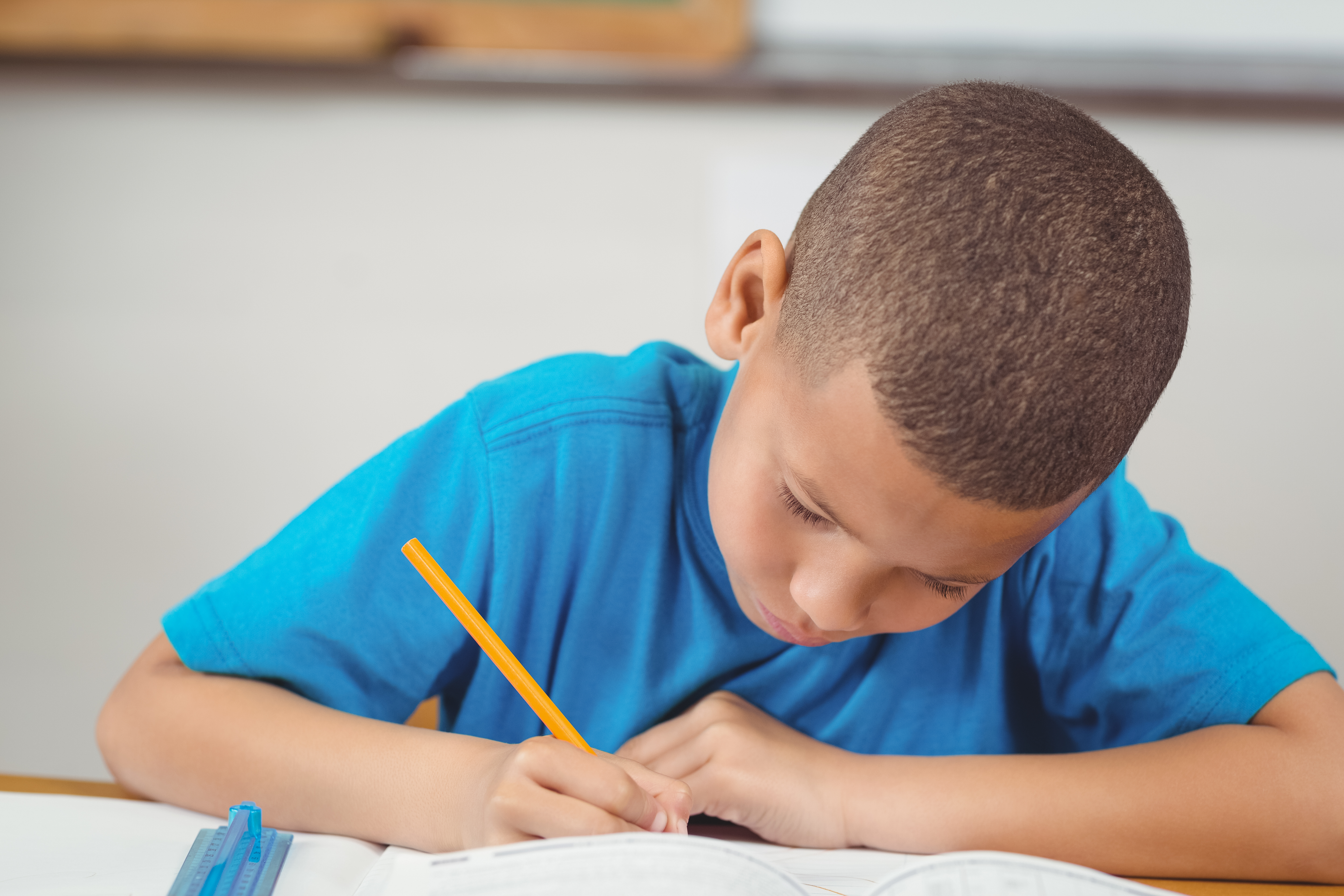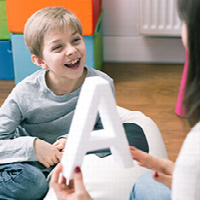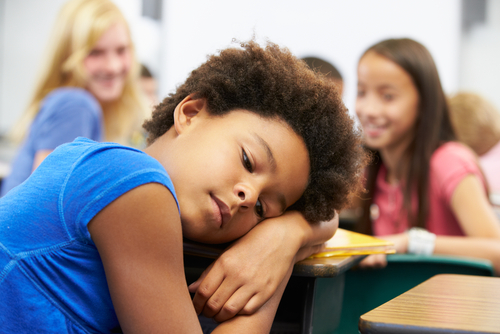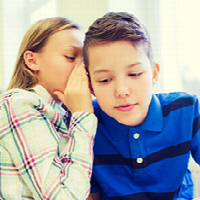Creative and Crushed: Recognizing and Helping Children Who Think Differently
They have been called Edison Kids, Indigo Children, Dreamers, and Right-Brained Children in a Left-Brain World. They’ve also been called “lazy,” “scatter-brained,” and even “loser” (ouch!). Who are these children? They are children diagnosed with ADHD. But these labels don’t even begin to describe them. Children with ADHD are everywhere— down the street, in your schools, perhaps even in your heart and home. Children like Juan, who devoured five boxes of different-flavored Jell-O powders because he wanted to “make a rainbow in my tummy.” Or children like David, who innocently responded to his preschool teacher: “Snack time? But I’m not hungry – I’m building a moon rocket …” Or Lamika, who tied four cans of blue paint to the ceiling fan and turned it on high so she could spatter-paint her bedroom walls.
History is replete with tales of children who defy convention, ignore routines, question rules, color outside the lines— and show incredible imaginations. Admittedly, these kids exasperate their teachers and parents, and as a result, are often berated, sent to the corner, given detention, and even physically punished. What happens to these “misfit” children? Some like Einstein, Edison, Spielberg, and Lennon ultimately succeeded in their chosen careers, enriching all our lives with their incredible contributions to humanity. But sadly, many others eventually squelch their creativity (research indicates this starts by the end of first grade!) under a constant barrage of criticism: “Stop that daydreaming!”; “No, no, not that way”; “Put that drawing away!”; “You forgot again?!”; “How could you?!” Subsequently, they end up living far below their potential. Studies indicate that when a child is verbally chastised day after day, the brain actually rewires itself to hone more primitive areas reserved for survival at the expense of those prefrontal areas designed to develop creativity, empathy, insight, and compassion. Why do you think so many people in the criminal justice system bury their musical or artistic genius under a sea of anger and attitude? All we see is the “bad” as they hide their potential gifts to society. Subsequently, everyone loses.
This terrible waste of talent must stop. But how can we teach these children without sapping their souls? After all, they do need to follow some rules and routines. I don’t have all the answers, but after forty years working— and living with— creative thinkers, I offer five suggestions:
- Jeffrey Freed, M.A.T., an educational consultant, has advocated a “different teaching method.” In a nutshell, instead of berating a child, use humor and “face-saving” techniques to gently correct, then redirect to the task at hand. Research has found that stress hormones in a child’s body drop significantly when placed in smaller groups with teachers trained to speak gently, helping the child feel secure. And when a child feels secure but stimulated, their prefrontal cortex, the seat of maturity, is developed, and their talents can flourish. Admittedly, it’s difficult to persuade teachers to change the way they relate to these special children. Try to recruit teachers who possess this type of flexible teaching style or who are open to learning these techniques, and match the child with these teachers.
- Many children with creative learning styles show co-existing attention, language, emotional, social, educational, and/or sensory needs. Obtain all needed assessments, then work collaboratively to implement all treatments or educational adaptations as suggested by the child’s team.
- Help your child use the four “core competencies” of creative expression according to Robert Epstein, creativity expert: capturing (find a way to write down all ideas), surrounding (talking with interesting people), challenging (tackle creative projects), and broadening (keep learning and through varied experiences).
- Validation has been found to be one of the most effective techniques to decrease frustration and anger, which these children often express. What is validation? Simply put, it’s listening to their thoughts without judgment. A similar technique is termed “unconditional positive regard.” Let them know that although a behavior may not work, their idea was cool (e.g. “Wow - flying off the garage with those wings you made out of kites – amazing invention! But let’s talk this through” vs. “That’s the dumbest idea I ever heard – you’ll break your neck!”)
- Even though your children may not physically be able to fly, with your help, their creativity can soar! Encourage their passions to the hilt— art classes, guitar lessons, science camp, nature walks, observatories, zoo trips— whatever their passion is, go for it! Some schools will let high school students take all their electives, like art, in one subject. Then show your total enthusiasm and support!
At a young age, my son once mused: “You know those machines that suck the pollution out of an entire room? Well, why don’t we invent a machine as big as the Empire State building and suck the pollution out of an entire city?” Indeed. Perhaps, in this most challenging century, instead of negating our children’s out-of-the-box ideas, we could begin to nurture them. The timing couldn’t be better.
Resources:
The Power of Different by Gail Saltz, 2017
The Innovator’s Mindset: Empower Learning, Unleash Talent, and Lead a Culture of Creativity by George Couros, 2015.
The Edison Gene: ADHD and the Gift of the Hunter by Thom Hartmann, PhD. 2003.
Author:
Carol Kauffman, MA/CCC-SLP. Carol is a speech-language pathologist in practice for over forty years and parent of a creative son, now thirty-eight and still creating…

